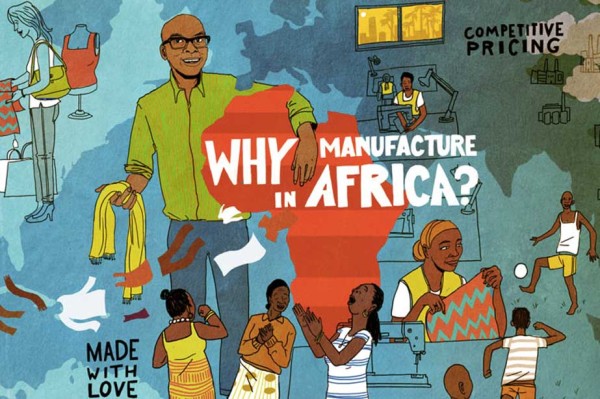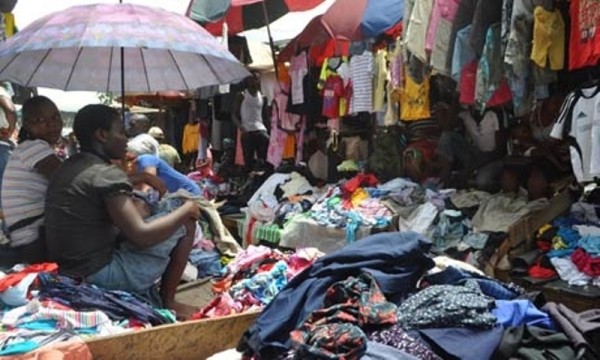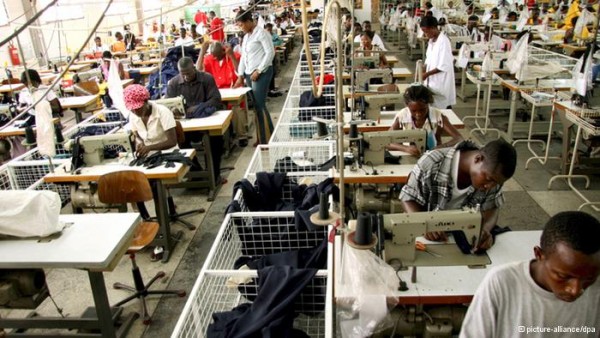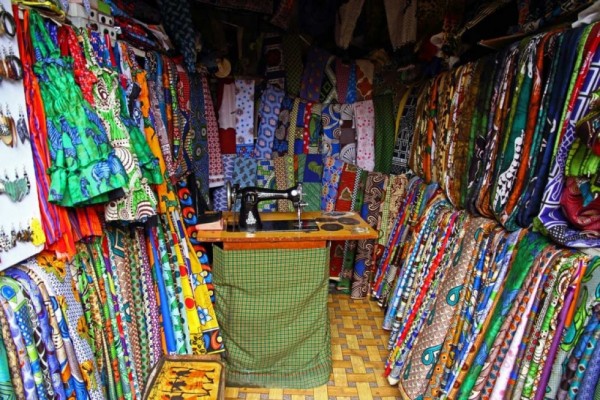
Western Non-Governmental Organizations (NGO) who mostly operate in Third World countries, always paint a picture which suggests all is well with their charitable activities within these unfortunate and poorer countries.
However, this image is deceiving. And we are going to base our argument on glaring evidence that points to the fact that if these western NGOs indeed want to inspire change within the countries they are making us believe they are helping, then, they must change some fundamentals on how they carry out their operations.
For a person in Europe or North America, donating used items of clothing to a local charity store in order to help those in poorer countries, is a generous act. That is correct; you have done your part.
But, the reality on the ground is that your charitable act is rather pushing people out of business in these countries. Once donated, these aid organizations either donate the items to the poor beyond their country’s borders, or re-sell them in brick and mortar retail shops as a fundraising strategy. Therefore, this makes the prices of these items very cheap once compared to the targeted country’s homemade items. In the end, people patronize these used items, abandoning their local items due to perpetual poverty. The local industry therefore will no longer be able to break-even and will be forced to shut down. Lots of people lose their job as a result.
According to the Huffington Post, Kenya-a developing country in Africa, had a very vibrant textile industry in the 1980s. It is said the industry employed 30 percent of the labor force in the country. But, the introduction of liberalized trade policies led to mass importation of donated clothing, which devastated the textile industry. By the 1990s, the imported textile industry has exploded to $1 billion, collapsing local textile industries.
In 2011 alone, over 13,000 tonnes of textiles were imported to the Ivory Coast, and 80,000 tonnes were imported to neighboring Ghana. In Malawi, the largest textile company had to close its doors. Other such companies in Mozambique and Uganda, are heading toward bankruptcy. Zambian textile workers have staged several strikes in an effort to promote national and international awareness of their plight.
Some countries have realized the poisonous nature of these imported textiles. Over 12 countries have banned imports of textiles in order to protect their own national industries. But, there is still much to be done if we mean to help developing countries reach their full potential. It is important that these countries are able to build industries and create employment for its growing citizens.
International Development experts have argued that a significant reason why poorer countries like Uganda, Nigeria and Haiti lag behind developed countries is due to a combination of reasons, including a lack of infrastructure and the difficulty in creating formal employment opportunities.
A thriving textile industry that produces cotton in Africa, will contribute to the economy in many ways: It will create a formal workforce, thereby creating economic stability; it will be able to pay taxes which can then be invested back in infrastructure and education, and it will move the country away from a state of dependence on aid.
Therefore, it has been suggested that the western aid organizations that want to help clothe street children should instead buy clothes from local industries in the recipient country. If adults are paid decent wages, they can send their children to school and break the cycle of poverty. Buying locally produced and marketed goods also stabilize the local currency, suppressing inflation in the targeted country.
You want to support Anonymous Independent & Investigative News? Please, follow us on Twitter: Follow @AnonymousNewsHQ
This Article (Why Western Aid Organizations Should Stop Shipping Donated Clothing and Should Instead Buy and Donate Locally Made Items) is free and open source. You have permission to republish this article under a Creative Commons license with attribution to the author and AnonHQ.com.








It would be really nice if this article included some suggestions on which manufacturers to purchase from.
Good edumacation.